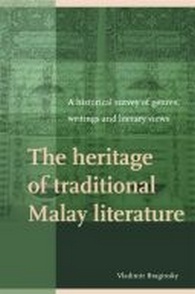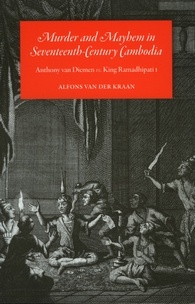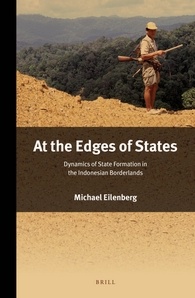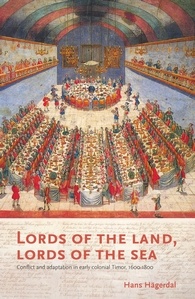The heritage of traditional Malay literature: A historical survey of genres, writings and literary views
Description
Traditional literature, or ‘the deed of the reed pen’ as it was called by its creators, is not only the most valuable part of the cultural heritage of the Malay people, but also a shared legacy of Malaysia, Indonesia, Singapore and Brunei. Malay culture during its heyday saw the entire Universe as a piece of literature written by the Creator with the Sublime Pen on the Guarded Tablet. Literature was not just the creation of a scribe, but a scribe himself, imprinting words on the ‘sheet of memory’ and thus shaping human personality. This book, the first comprehensive survey of traditional Malay literature in English since 1939, embraces more than a millennium of Malay letters from the vague data of the seventh century up to the early beginnings of the modern literatures in the late nineteenth century. The long path trodden by traditional Malay literature is viewed in historical and theoretical perspectives as a development of integral system, caused by cultural and religious changes, primarily by gradual Islamization. This changing system considered in the entirety of its genres and works, is seen both externally and internally: from the point of view of modern scholarship and through the examination of indigenous concepts of literary creativity, poetics and aesthetics. The book not only repesents an original study based on a specific historico-theoretical approach, but it is also a complete reference-work and an indispensable manual for students. Vladimir Braginsky is Professor of Southeast Asian Languages and Cultures at SOAS, University of London. His numerous publications include The system of classical Malay literature (KITLV-Press, 1993), Images of Nusantara in Russian literature (KITLV-Press, 1999, in co-authorship with E.M. Diakonova), The comparative study of traditional Asian literatures (Curzon, 2001).
Additional Information
| Edition | |
|---|---|
| Pages | |
| Series | |
| authors | 858 |







